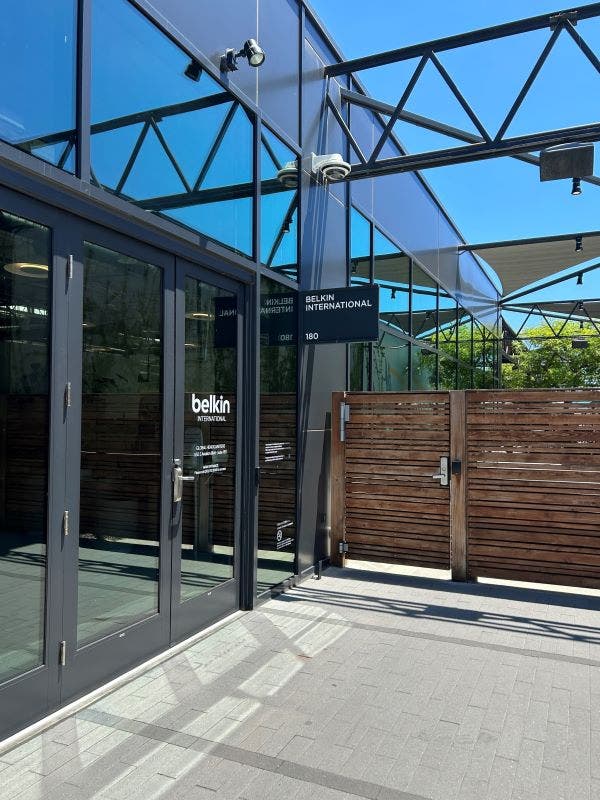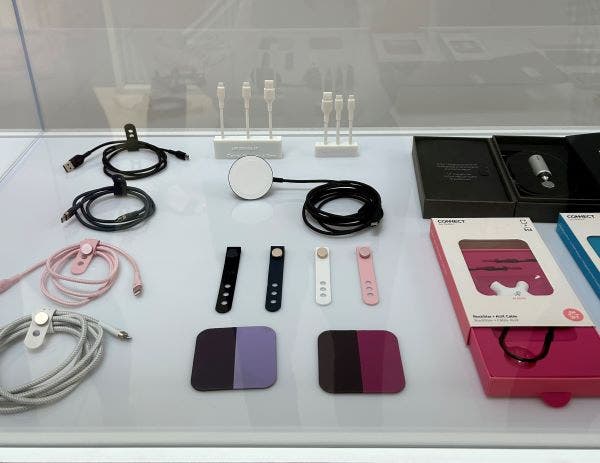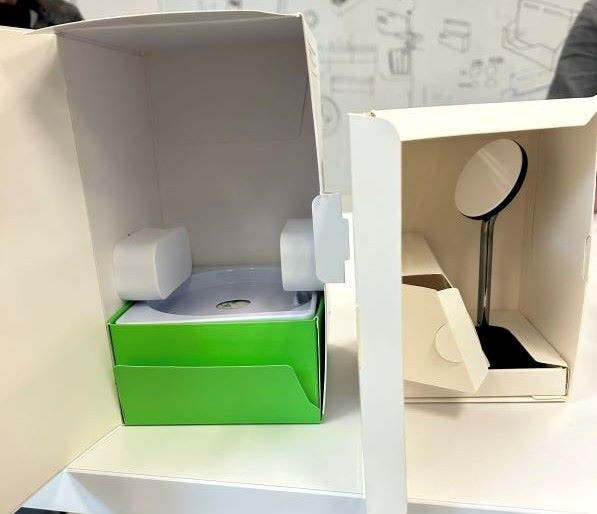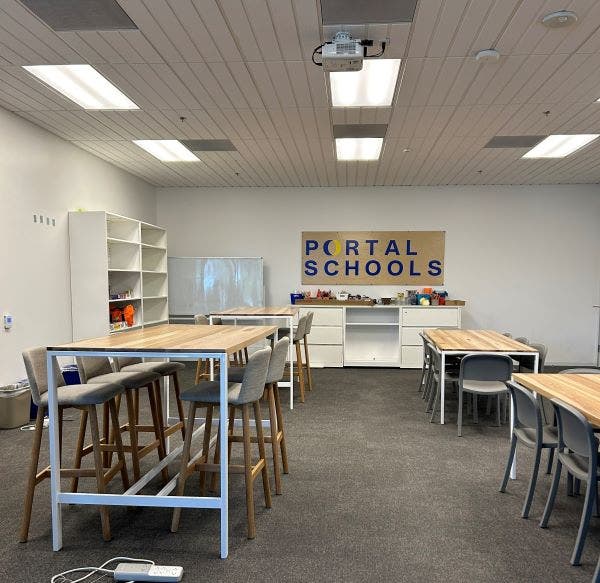How Belkin Has Reimagined Its Operations With An Eye On Sustainability
Tech product maker Belkin is focused on sustainability, from product development to packaging, CRN learned during a recent tour of its SoCal HQ. The company’s CEO also explained how channel partners are playing a critical role in helping the company reach its sustainability goals.

Sustainable Innovation
Electronics and networking company Belkin International has long prioritized sustainability and designing its hardware with an eye toward staying as eco-friendly as possible in the process, which is no small feat for a global company that specializes in building tech accessories and ships 50 million to 60 million units a year.
The 40-year-old company has been quietly working for decades behind the scenes to operate more responsibly across its global offices, supply chain and products. Belkin’s executives call it a “lifelong journey” to find more responsible ways to build its products. Since 2009, Belkin said it has reached a 65 percent reduction in greenhouse gases. Outside of the work it’s doing inside the company, Belkin is currently working to take own its Scope 3 emissions, or emissions generated outside the company from purchased goods and services, upstream transportation and distribution, executives said. The company has historically centered on sustainability, research and development and community as its foundation. Today, Belkin is scaling those efforts.
CRN visited Belkin’s headquarters in El Segundo, California, to tour the two-year-old, 260,000-square-foot office and take a closer look at the work that Belkin is doing to stay environmentally responsible at a time when many tech companies are making similar claims. The company’s global headquarters houses its business units from start to finish, from consumer insights to product idea, to the final physical object and packaging. Belkin CEO Steven Malony also sat down with CRN to talk about how the channel-focused company’s partners are playing a critical role in helping the company reach its sustainability goals.
Here are scenes and conversations from the tour.

Recycled Plastics
Since 2009, Belkin has funded the recycling of 28,524 tons of e-waste. The company is also replacing virgin plastic with post-consumer recycled (PCR) material, or material that comes from products that were used and thrown away or submitted for recycling, by 72-75 percent for existing and all new products; an effort that Belkin announced at CES 2023 in January.
Belkin at the start of 2023 revealed that it has sourced a couple of PCR vendors that met their requirements. The eco-friendly material is more expensive, but Belkin plans on absorbing the cost instead of passing it on to customers. The company’s CEO called it “the right thing” to do during the tour of the office.

Packaging
The company is moving toward 100 percent plastic-free packaging for all of its new products. Whenever possible, Belkin is using paper certified by the Forest Stewardship Council (FSC), an organization that works to promote the practice of sustainable forestry worldwide.
Belkin on the tour showed the progression of its packaging, beginning with bulky boxes with plastic and foam inserts that were used to hold products in place. But moving down the line to the smaller paper and cardboard-only packaging didn’t happen overnight. The company’s packaging engineers had to test new designs and ensure that the products were encased in structurally sound packages that were durable enough to tolerate drops or falls in the shipping process or when on a shelf at a store. It’s no easy feat, considering that Belkin manufactures heavier products, such as power banks.
The company has gone through many iterations but has scaled down its packaging significantly to make everything more environmentally friendly, the company said.

Channel trends today
Partners
Belkin’s channel partners, according to CEO Malony, are validating the sustainability work that Belkin is prioritizing.
“We hear from our channel partners globally — in Europe, America, Asia, Australia, everybody is talking about [sustainability], everybody cares about it. They want to make sure that we are doing the right things to support their businesses. So, making decisions around who they’re partnering with and creating their strategic alliances with are doing the same things,” Malony told CRN.
Because sustainability has been foundational for the company throughout its four decades in business, Belkin is in a good place now to work with partners who have begun prioritizing positively impacting their environments, he added.
“We’re always in very close collaboration with our with our channel partners and it’ll remain that way,” Malony said. “We have such close relationships — we’ve built them over 40 years. There’s a trust there that we enjoy and we’re never going to walk away from that.”
Belkin does the majority of its business through its channel partners, the company said.

Portal School
For the last two years, Belkin has had a high school-level classroom on its campus. It’s part of Portal Schools, whose campuses are designed in partnership with industry organizations which the organization said creates a unique and modern take on schools with an open classroom design. Each Portal School campus is co-located with an industry or education partner, which gives students the ability to interact with the workforce. The founding Portal School site is located at Belkin’s El Segundo office and students have access to Belkin mentors, internships, and workplace resources, according to the company.
The students, whom are at the ninth and tenth grade level, often spend time with Belkin employees at lunch, or they can join company presentations and guest speaking events. The school is a great fit for some students since everyone learns differently, Malony said.
These students are also working side by side with Belkin on projects related to sustainability, said Jen Wei, vice president of communications and corporate development for Belkin.
“They often work on projects with us. So, maybe they want to study the composability of five different kinds of materials over whatever kind of conditions. They’ll work with us and our sustainability engineers and get that project done,” she explained.